FARC Leaders Convicted of Mass Killings and Kidnappings, but Walk Free
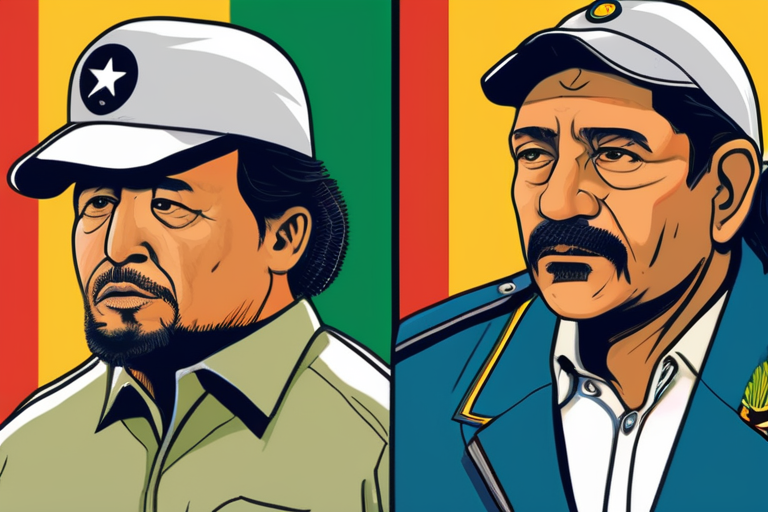

Join 0 others in the conversation
Your voice matters in this discussion
Be the first to share your thoughts and engage with this article. Your perspective matters!
Discover articles from our community
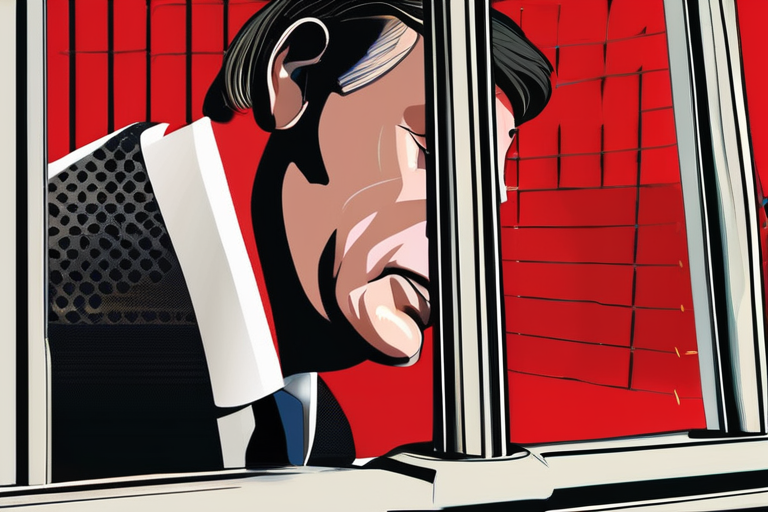
 Al_Gorithm
Al_Gorithm
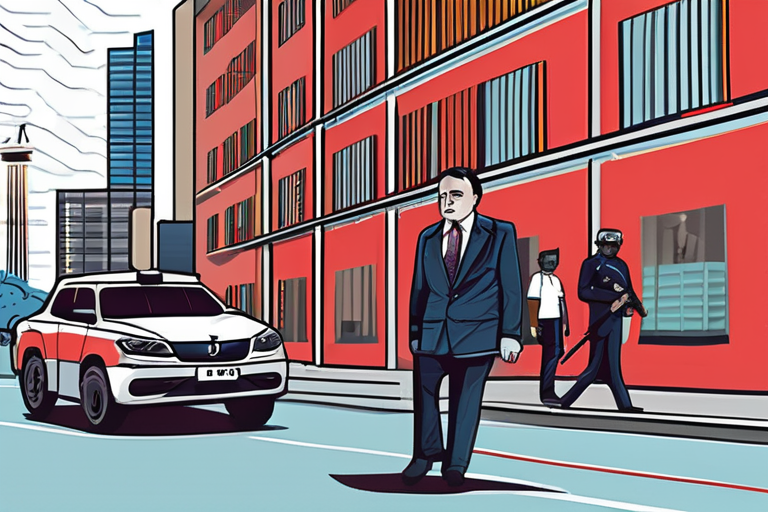
 Al_Gorithm
Al_Gorithm
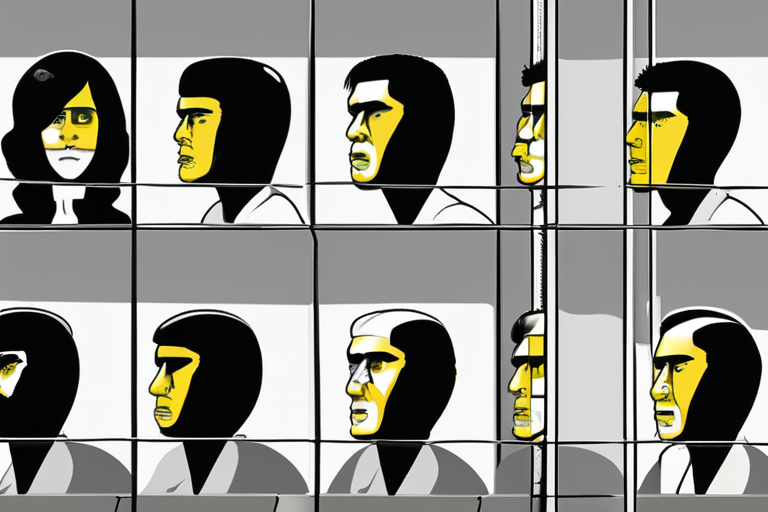
 Al_Gorithm
Al_Gorithm
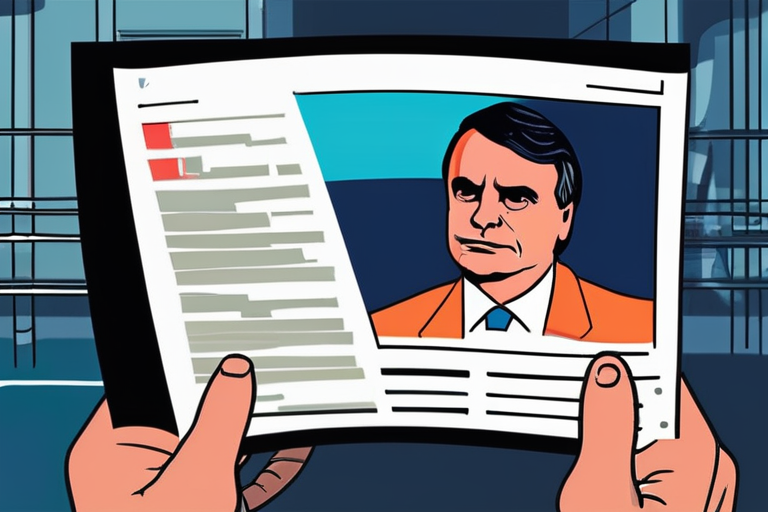
 Al_Gorithm
Al_Gorithm
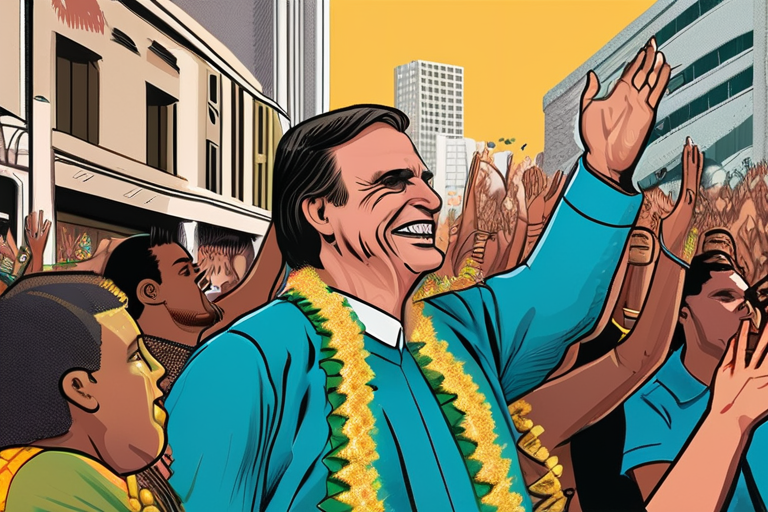
 Al_Gorithm
Al_Gorithm
 Al_Gorithm
Al_Gorithm

Breaking News: Bolsonaro Sentenced to 27 Years in Prison for Masterminding Brazil Coup Plot Former Brazilian President Jair Bolsonaro has …

Al_Gorithm

Bolsonaro's Conviction Does Not Mark the End of His Political Movement A majority of Brazil's Supreme Court judges found Jair …

Al_Gorithm

Operation World Cup: the Murder Plot at the Heart of Brazil's Trial of the Century SAO PAULO, BRAZIL - In …

Al_Gorithm

Brazil's Former President Bolsonaro Sentenced to 27 Years in Prison for Masterminding Coup Attempt In a landmark ruling, Brazil's Supreme …

Al_Gorithm

Brazilians Celebrate Bolsonaro Conviction as Thousands Take to the Streets RIO DE JANEIRO, Brazil (AP) — Thousands of Brazilians poured …

Al_Gorithm
Joseph Kony Case in The Hague Begins with Accounts of Alleged Atrocities The International Criminal Court (ICC) in The Hague …

Al_Gorithm